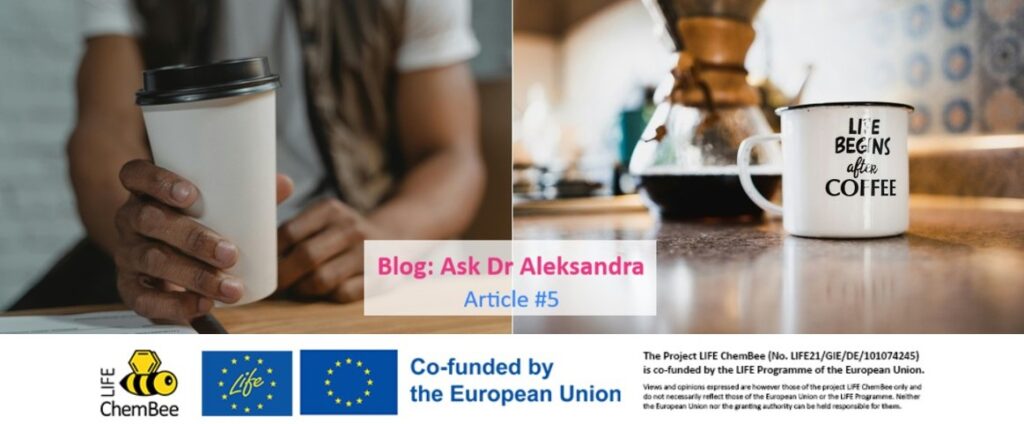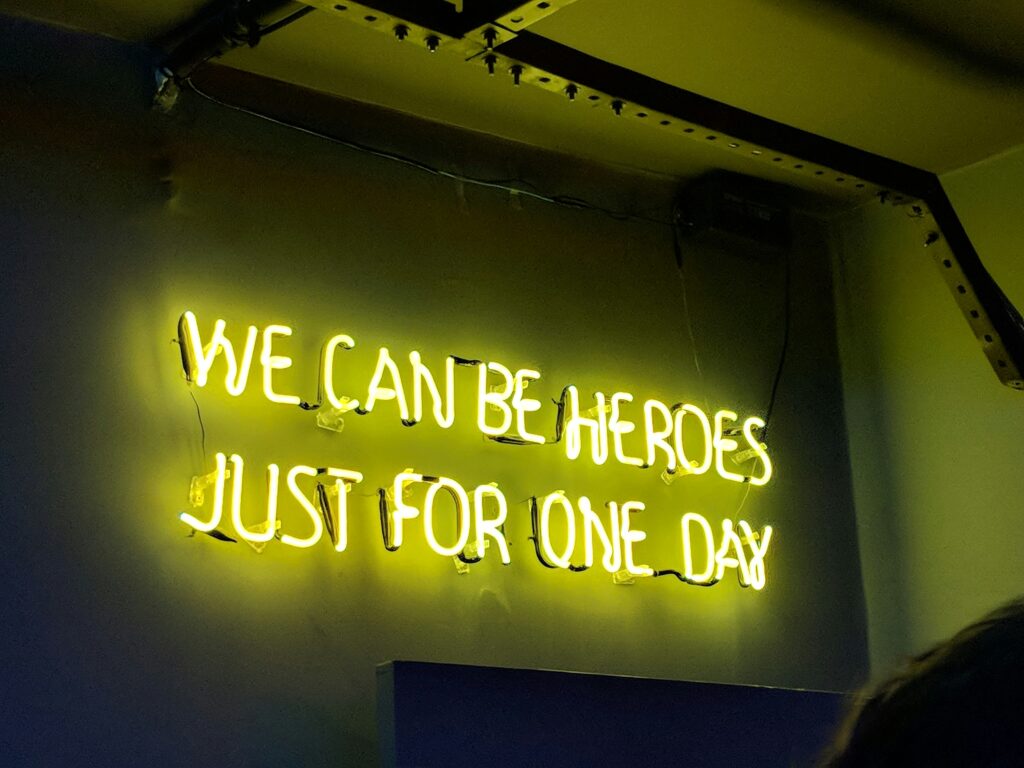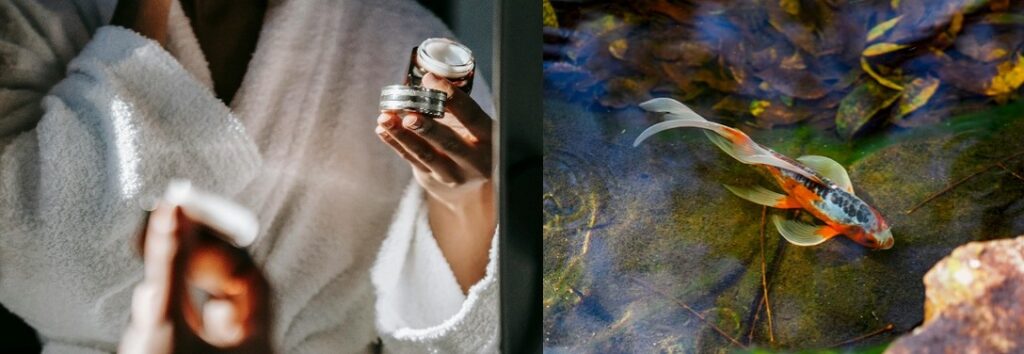
Imagine this: You wake up in the morning, brew your coffee, pour it into a plastic travel mug and grab a plastic-wrapped cereal bar before rushing out the door. As you go about your day, from eating lunch on the go to using hand lotion at your desk, you’re surrounded by an invisible, harmful presence – endocrine disruptors (EDs), as described in previous posts. These substances, found in many everyday items, are quietly working their way into your body and the environment.
Endocrine disruptors are chemicals that interfere with the endocrine system – the body’s hormonal control center. Hormones are like the body’s communication system, sending messages that regulate growth, metabolism, reproduction and mood. When EDs sneak into the body, they can block or mimic these hormonal signals, leading to serious health problems such as obesity, infertility, cancer, pregnancy loss, premature birth or fetal disorders, to name a few.
But here’s the hopeful part: Choices as small as skipping a plastic-wrapped snack or choosing a reusable water bottle can not only add up to a healthier life, but also contribute to the health of future generations and the planet itself. This is where One Health comes in – the idea that the health of people, animals and the environment are inextricably linked. It means that every small action we take to reduce our exposure to harmful chemicals benefits not only us, but the world around us.
Are you ready to check if you are or can be a Superhero in everyday life?
Let’s look together at how simple, everyday choices can make a real difference to us, to wildlife and to future generations.
Think about fish swimming in rivers polluted by plastic waste, birds eating pesticide-laced insects, or polar bears exposed to industrial chemicals through the food chain. The wildlife we share this planet with is just as vulnerable to EDs as we are, and the damage is often more immediate and severe.
Reducing exposure to endocrine disruptors: Daily choices with significant impact

Choosing organic: Less pesticides, more health for all

Conventional agriculture often relies on pesticides that act as endocrine disruptors. These chemicals don’t just stay on the plants – they end up in the soil, water and food supply, contaminating ecosystems and wildlife.
Imagine a bee buzzing around an apple orchard. As it collects pollen, it’s also picking up pesticide residues. The pesticides don’t just affect the bee; they can travel up the food chain and end up in the apples on your table. But by choosing organic food, you’re supporting farming practices that don’t use these harmful chemicals, protecting your health and the health of the bee and every creature it interacts with.
Solution: Whenever possible, choose organic fruits and vegetables, especially those with thin skins, such as apples, berries and leafy greens, which are more likely to retain pesticide residues. Better still, grow your own herbs and vegetables at home, where you can control what goes into the soil.
Superhero effect: Bee a change – By choosing organic, you reduce your family’s exposure to EDCs while supporting farming practices that protect the environment. Less pesticide use means cleaner soil, rivers and oceans, benefiting wildlife and future generations.
Ditching plastics: Small steps, significant results

Plastics are everywhere – in our water bottles, food containers and even in the packaging of our personal care products. Many plastics contain harmful chemicals such as BPA and phthalates, which leach into food and drink and disrupt the body’s hormone balance.
Imagine a turtle swimming in the ocean, gliding through the water. Now imagine that same turtle comes across a plastic bag and mistakes it for food. It eats the plastic and over time the chemicals in the plastic build up in its system. Now extend that to the millions of turtles, fish and marine animals exposed to plastic pollution. These animals are suffering the consequences of our convenience-driven, plastic-wrapped world. But with every reusable bag, bottle or container you choose, you’re making a powerful statement in favour of a healthier planet.
Solution: Swap single-use plastic items like water bottles, coffee cups, and food containers for reusable stainless steel or glass alternatives. Store leftovers in glass containers, and avoid heating food in plastic, which increases the release of harmful chemicals.
Superhero effect: This simple change will significantly reduce your exposure to endocrine disruptors and help reduce plastic pollution. With less plastic entering the environment, marine and terrestrial wildlife can thrive and the ecosystems we rely on will be healthier for future generations.
Cleaning up your personal care routine

Many personal care products – from lotions and shampoos to deodorants and cosmetics – contain endocrine disruptors such as parabens and phthalates. These chemicals seep into your skin, disrupt your hormones and persist in the environment.
Imagine a river running through a forest. Now envision that this river is filled with chemical-laden run-off from household products, which eventually makes its way into the oceans where fish, birds, and other wildlife live. These animals are exposed to the same chemicals you flush down the drain every day and suffer from the same diseases that you potentially do.
Solution: Look for products labelled ‘paraben-free’, ‘phthalate-free’ or made with natural ingredients. You can even try making your own skincare products with simple, wholesome ingredients like coconut oil, shea butter and essential oils.
Superhero effect: By choosing cleaner personal care products, you’ll reduce your exposure to EDCs and minimise the release of these chemicals into the environment. Wildlife and your health benefit from cleaner water, and you enjoy the peace of mind of using safe, natural products on your skin.
Create a toxic-free home environment

Household cleaners, air fresheners and even furniture can release endocrine disruptors into the air we breathe indoors and outdoors.
Think about the feeling of coming home to a freshly cleaned house. Now think about what’s in that clean air: Chemical residues from sprays and solvents that get stuck in your furniture and on your skin. These chemicals don’t just stay in your home – they make their way into the environment, affecting you and the ecosystems outside your door.
Solution: Choose non-toxic, biodegradable cleaning products or make your own with ingredients like vinegar, baking soda, and lemon juice. Use eco-labelled air fresheners and candles with natural ingredients. Open your windows regularly to improve ventilation and invest in houseplants that help purify the air.
Superhero effect: A non-toxic home is a healthier place for your family, reducing everyone’s exposure to harmful chemicals. It also means fewer pollutants are released into the air and water, benefiting both local wildlife and wider ecosystems.
Hope for the future: 3 C’s of life: Choices, Chances, Changes
The beauty of One Health lies in its simplicity: The choices we make to protect our health also protect the health of wildlife and the environment. Every time you choose an organic apple, a reusable water bottle, or a paraben-free lotion, you are contributing to a healthier, more sustainable world. It is so simple and so powerful (and scientifically proven).
Endocrine disruptors may be all around us, but with awareness and simple, mindful choices, we can reduce our exposure, protect future generations and give wildlife a fighting chance. The power to create lasting change is in our hands – one small, hopeful step at a time. Be a superhero for yourself, your family and the Planet.
‘You must make a choice to take a chance, or your life will never change.’ (Naina Sanghvi)
Image credits/source: unsplash.com and pexels.com
If you have any questions or need more information, please write to Dr Aleksandra: AskDrAleksandra@detoxed.eu or contact us directly via Instagram @AskDrAleksandra

